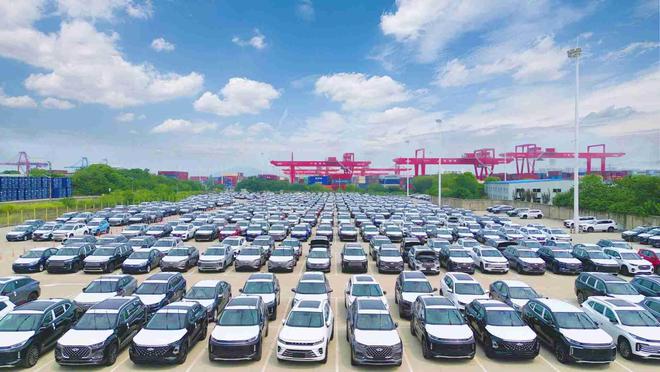
In response to the growing electric vehicle market, Japan is reported to be developing an automotive production and sales alliance with ASEAN in Southeast Asia.
Developing a strategic alliance
The two sides plan to hold a meeting of economic ministers as early as September and develop an interim joint strategy that will last until around 2035, according to Japan's Nikkei News. The strategy is expected to cover a variety of areas, including carbon emissions, mineral resource procurement, and biofuels.
Japan is set to become Asia's top economic and industrial ministry, with a 1.4 billion yen (about $900 million) budget to train new technologies for the ASEAN market and train automotive workers.
In addition, Japan considers promoting its CO2 emissions and boosting the ASEAN automotive industry. Japan and the ASEAN region consider sourcing rare materials for the production of electric vehicle batteries and cooperating on recycling batteries.
Both initiatives consider developing the use of biofuels made from waste cooking oil to promote high environmental standards for cars within the Japan-ASEAN alliance.
Japanese automakers angry
ASEAN is one of the optimistic layouts for global industry and home to several Japanese automakers' factories. Japanese automakers assemble more than 3 million vehicles in ASEAN every year, about 80 per cent of ASEAN's total production, most of which are exported to the Middle East and elsewhere.
So far, Japanese automakers' strategies in ASEAN have been conducted independently. And as competition in the ASEAN market heats up, the Japanese government seems set on agreeing to participate in building the market and criss-crossing it.
According to automaker executives, the overall demand for automobiles is on a downward trend due to rising interest rates and other factors, but the local automotive industry is very generous, and unfortunately many automakers are not able to take advantage of these tailwinds.
Earlier, Japan's Honda pledged to double its investment in electrification and software again by 2030 to about $65 billion. Toyota, on the other hand, announced its first-half hybrid sales target to 1 million vehicles and increased production capacity to 2 million units per year.

Declaration: This article comes from the Zhejiang Trade Promotion Comprehensive collated from Caixin News Agency.If copyright issues are involved, please contact us to delete.